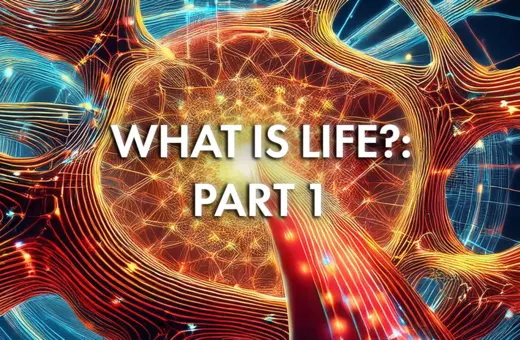Philosophy, so taught Plato, means ‘love of wisdom’. And from the Buddha, to Kant and Einstein, there’s barely a thinker dead or alive who hasn’t extolled its virtues. But for a concept so omnipresent, there’s a surprising lack of clarity over what wisdom is and who might have it, argues Auguste Comte Chair in Social Epistemology, Steve Fuller. ‘Wisdom’ has a highly troubled past, is used to justify lazy prejudice, and should be taken off the pedestal that we’ve placed it on.
‘Philosophy’, so Plato taught us, means ‘love of wisdom’. Yet, ‘sophia’, the Greek word for wisdom, is also the root of such anti-philosophical words as ‘sophistry’ and ‘sophism’. Similarly, the English word ‘wisdom’ shares its roots with the Americanism ‘wiseguy’. The French word ‘savant’ has similar Janus-faced connotations, as any Enlightenment thinker could have told you. Clarity about the nature of wisdom is not helped by its relative absence as a topic in modern Western philosophy. When wisdom has been discussed, say, by Descartes or Hobbes, it appears against the unflattering light of science. Nowadays we might condescendingly call it ‘folk knowledge’. Of course, popular self-help authors continue to promote something they call ‘wisdom’, which amounts to a pastiche of the Hellenistic life-philosophies – Stoicism and Epicureanism -- and the great Eastern religions. Notwithstanding this less than promising pedigree, admirers of wisdom remain convinced of its unequivocally positive nature, whatever that might be.
Wisdom started to acquire its current potency in 1808, when Friedrich Schlegel published On the Language and Wisdom of India, which proposed Sanskrit as the source of the Indo-European languages. A champion of Romanticism, Schlegel understood Sanskrit as a pristine source of wisdom that has been both developed and distorted as it spread westward over the centuries. We can find here the origin of the ‘genealogical’ method that would later lead Nietzsche and Heidegger to seek the deepest philosophical truths in philology, albeit closer to home in Greek. However, wisdom’s general association with the great civilizations of Asia remained and acquired increasing significance over the next century, taking a decisive turn at the end of the First World War.
___
The ‘gospel of progress’ had by that time become a secular version of the Christian salvation story.
___
The First World War was about the future. It began when a Serbian nationalist assassinated the heir to the Austro-Hungarian throne, signaling in the strongest terms a desire for a different future for his people. The ensuing conflict marked the bloodiest mass encounter in human history up to that point. It was aided by cutting edge science and technology and abetted by its leading practitioners who campaigned on behalf of their respective countries. The ‘gospel of progress’ had by that time become a secular version of the Christian salvation story. The disillusionment that overcame the European mind after the debacle on the battlefield was profound.






















Join the conversation